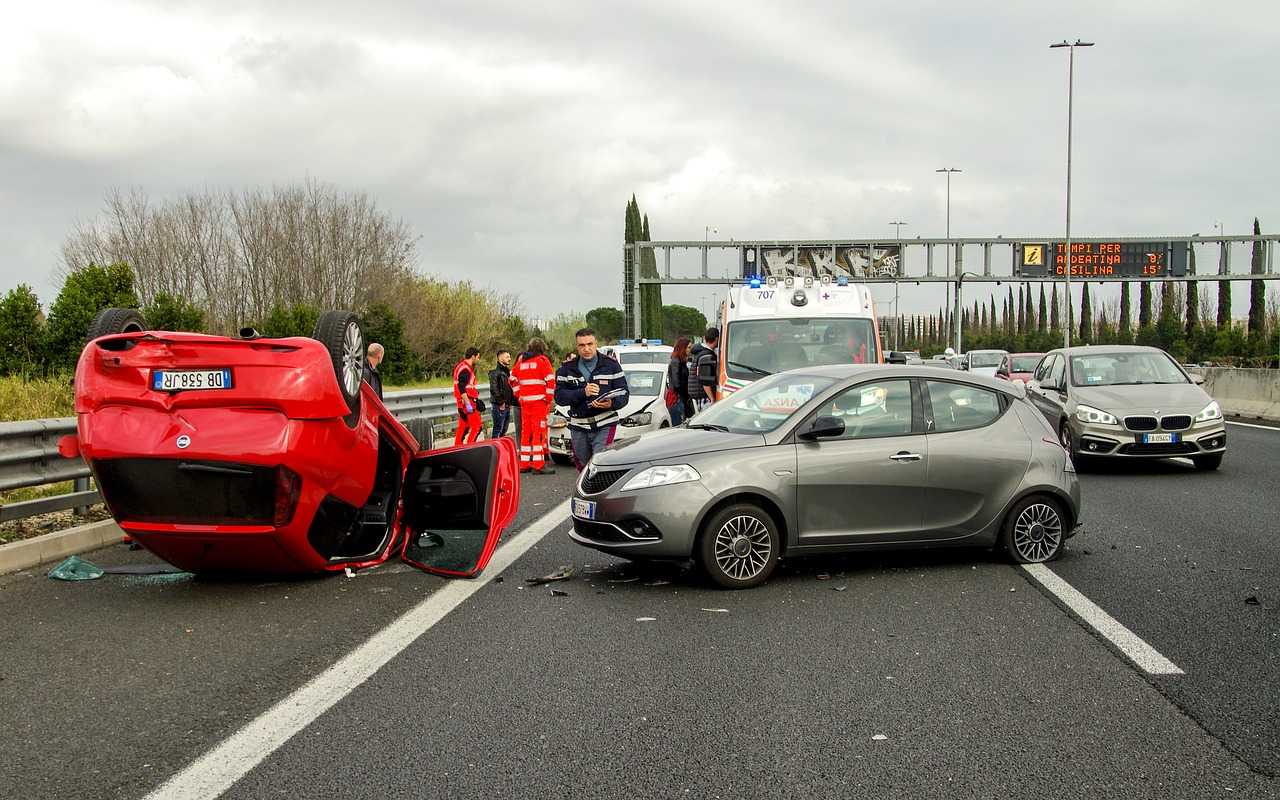
Accident
In the chaotic aftermath of a car accident, individuals often find themselves grappling with the question of whether to involve law enforcement. The decision to call the police after an accident is not a simple one, as various factors must be considered. In this article, we will explore the pros and cons of involving the police in the aftermath of a collision, helping you make an informed decision.
Pros of Calling the Police
One of the primary advantages of involving the police is the creation of an official report. Police reports serve as crucial documents when dealing with insurance claims, legal proceedings, and even disputes over fault. Having an unbiased third party document the details of the accident can provide a more accurate account of the events. In many jurisdictions, calling the police after an accident is a legal requirement, especially if there are injuries or significant property damage. Failure to do so may result in legal consequences. By calling the police, you ensure that you are fulfilling your legal obligations and avoid potential legal complications later on.
Police officers act as mediators at the accident scene. According to car accident attorneys, Douglas, Haun & Heidemann, PC, parties involved in a serious accident must speak with police officers as well as insurance adjusters. they can facilitate the exchange of information between involved parties, ensuring that all relevant details are shared. This can be especially helpful in cases where communication between the parties is difficult or when emotions are running high. Law enforcement officers are trained to secure accident scenes and preserve evidence. This is crucial in cases where liability may be contested. Timely documentation of skid marks, damage, and other physical evidence can significantly impact the accuracy of subsequent investigations.
Cons of Calling the Police
Law enforcement agencies may prioritize more severe incidents over minor accidents. In some cases, contacting law enforcement can prevent you from collecting a settlement Calling the police for a minor fender-bender could tie up valuable resources that may be needed elsewhere. In such cases, parties involved may be directed to file a report at a later time. Police response times can vary, depending on the location and workload. In situations where no immediate danger exists, waiting for law enforcement to arrive may lead to unnecessary delays. Individuals involved in the accident may prefer a quicker resolution, especially if injuries are minor.
Some individuals are hesitant to involve the police due to concerns about potential increases in insurance premiums. While fault in an accident is determined based on evidence and not police involvement alone, some believe that contacting the police may increase the likelihood of being deemed at fault. In rare cases, the presence of law enforcement can escalate tensions between parties involved in the accident. Strong emotions and stress may lead to confrontations, and the involvement of the police may exacerbate the situation rather than diffuse it.
Make A Careful Decision
The decision to call the police after an accident is a nuanced one, requiring careful consideration of various factors. While the creation of an official report, legal compliance, and evidence preservation are significant advantages, potential drawbacks such as resource allocation, time consumption, and the risk of conflict escalation must also be acknowledged.
Ultimately, the severity of the accident, the presence of injuries, and local regulations are crucial factors in determining whether to involve law enforcement. In situations where there is any doubt or ambiguity, erring on the side of caution by calling the police may prove to be a prudent decision.
Individuals need to familiarize themselves with local laws and regulations regarding reporting accidents. Understanding the potential impact of involving the police and weighing the pros and cons can empower individuals to make informed choices in the aftermath of a car accident, contributing to a smoother resolution of the incident.






